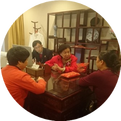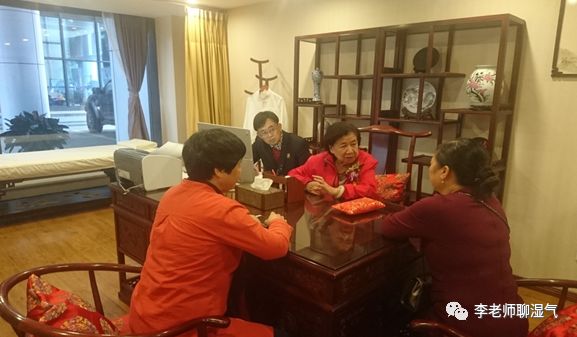
In this great era, I have the opportunity to connect with many patients on WeChat, helping them overcome their health issues, which is the greatest comfort for me as a doctor.
—— Teacher Li

Qi, as referred to in Traditional Chinese Medicine (TCM), is the most fundamental substance of the human body, formed by the combination of the essence (jing) from the kidneys, the transformed essence of food and drink from the spleen and stomach, and the clear qi inhaled from the lungs.
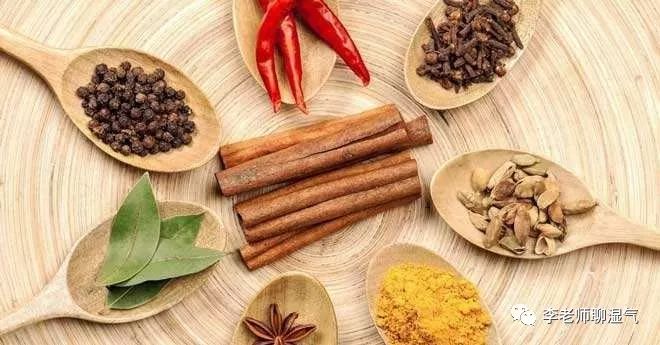
The abnormalities of Qi mainly include two aspects: first, insufficient generation or excessive consumption of Qi, leading to a pathological state of Qi deficiency. Second, certain functional deficiencies of Qi and abnormal or disordered movement of Qi, manifesting as pathological states of Qi stagnation (qi zhi), Qi reversal (qi ni), Qi sinking (qi xian), Qi obstruction (qi bi), or Qi collapse (qi tuo).
1
What are Qi deficiency, Qi stagnation, Qi obstruction, and Qi collapse?
Qi deficiency (qi xu) involves the five organs. Qi is the most basic substance that constitutes and maintains human life activities, belonging to the category of essence (jing) and Qi.
Qi stagnation (qi zhi), also known as Qi depression (qi yu), refers to a pathological state where the movement of Qi is obstructed, leading to stagnation or accumulation. The location of Qi stagnation varies depending on the affected organs.
Qi obstruction (qi bi) refers to excessive Qi depression, which obstructs the heart and chest, blocking the clear orifices, resulting in sudden fainting, or external pathogens obstructing the airways, causing difficulty in breathing due to blocked Qi flow.
Qi collapse (qi tuo) occurs due to excessive pathogenic Qi overwhelming the righteous Qi; or long-term depletion leading to exhaustion of righteous Qi; or due to excessive sweating, vomiting, or bleeding causing Qi to escape with fluids or blood, resulting in a critical pathological change where Qi cannot be retained internally and escapes externally.
2
Specific manifestations and how to improve them?
– Qi deficiency:
The essence of Qi is stored in the five organs, hence the Suwen: On the Five Organs states: “The so-called five organs store essence and Qi without leaking.” Therefore, from the perspective of Qi’s source, the Qi that constitutes and maintains human life activities mainly comes from both congenital essence and acquired essence. From the perspective of Qi generation and its relationship with the organs, all five organs store essence, particularly the lungs, spleen, and kidneys are crucial.
① Lung Qi deficiency, treatment principle: tonify lung Qi. Recommended formula: Si Jun Zi Tang (Four Gentlemen Decoction) combined with Yu Ping Feng San (Jade Wind Screen Powder) with modifications.
② Kidney Qi deficiency, treatment principle: tonify kidney and benefit Qi. Main formula: Shen Qi Wan (Kidney Qi Pill) with modifications.
③ Spleen Qi deficiency, treatment principle: tonify the middle and benefit Qi. Recommended formula: Bu Zhong Yi Qi Tang (Tonify the Middle and Benefit Qi Decoction) with modifications.
④ Heart Qi deficiency, treatment principle: tonify heart Qi. Recommended formula: Si Jun Zi Tang (Four Gentlemen Decoction) with modifications.
⑤ Yang (Qi) deficiency, treatment principle: tonify Yang and benefit Qi. Recommended formula: Shen Fu Tang (Ginseng and Aconite Decoction) with modifications.
– Qi stagnation:
Qi stagnation in the spleen leads to reduced appetite, bloating, and pain; Qi stagnation in the liver leads to rebellious liver Qi, causing rib pain and irritability; Qi stagnation in the lungs results in unclear lung Qi, with phlegm and cough. Qi stagnation in the meridians can cause pain or movement disorders in the affected areas, or symptoms related to that meridian. Qi leads blood, and excessive Qi stagnation can cause blood stasis.
Treatment principle: move Qi and relieve stagnation, recommended formulas: Xiang Su San (Aromatic and Relaxing Powder), Mu Xiang Diao Qi Yin (Aromatic Regulating Qi Drink), Wu Yao San (Lindera Powder) with modifications.
– Qi obstruction:
Qi obstruction in TCM generally refers to three types: obstructed Qi mechanism, one type of urinary retention syndrome, and one type of constipation syndrome. However, from an overall pathological perspective, they all represent Qi stagnation and obstruction, manifesting different clinical symptoms based on the cause, nature, and location of the disease, with different treatment principles.
– Qi collapse:
Manifestations include critical life-threatening signs, such as weak breath, dizziness, fainting, unawareness of surroundings, pale complexion, excessive sweating with cold skin, cold limbs, and a faint pulse.
Main symptoms: weak and irregular breathing, fainting or collapse, continuous sweating, cold limbs, pale complexion, open mouth and closed eyes, limp hands and body, incontinence.
Tongue and pulse: faint pulse, pale tongue body, white and moist coating.
Treatment method: benefit Qi and restore Yang, support the righteous Qi and stabilize the collapse.
Both Qi obstruction and Qi collapse are considered critical clinical conditions, presenting with loss of consciousness, difficulty in breathing, cold limbs, and complete body weakness, indicating a crisis of Qi and blood blockage or extinction.
In TCM, there is a saying: “All diseases arise from Qi.” Life is sustained by Qi; without Qi, there is no life.
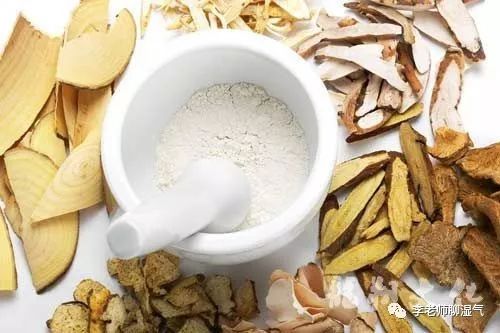
If you have any questions, feel free to contact the teacher on WeChat. Wishing everyone a healthy body!


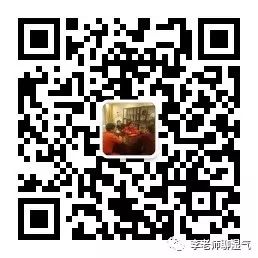
Teacher Li discusses dampness
TCM Health Preservation
Long press the QR code to follow Teacher Li

